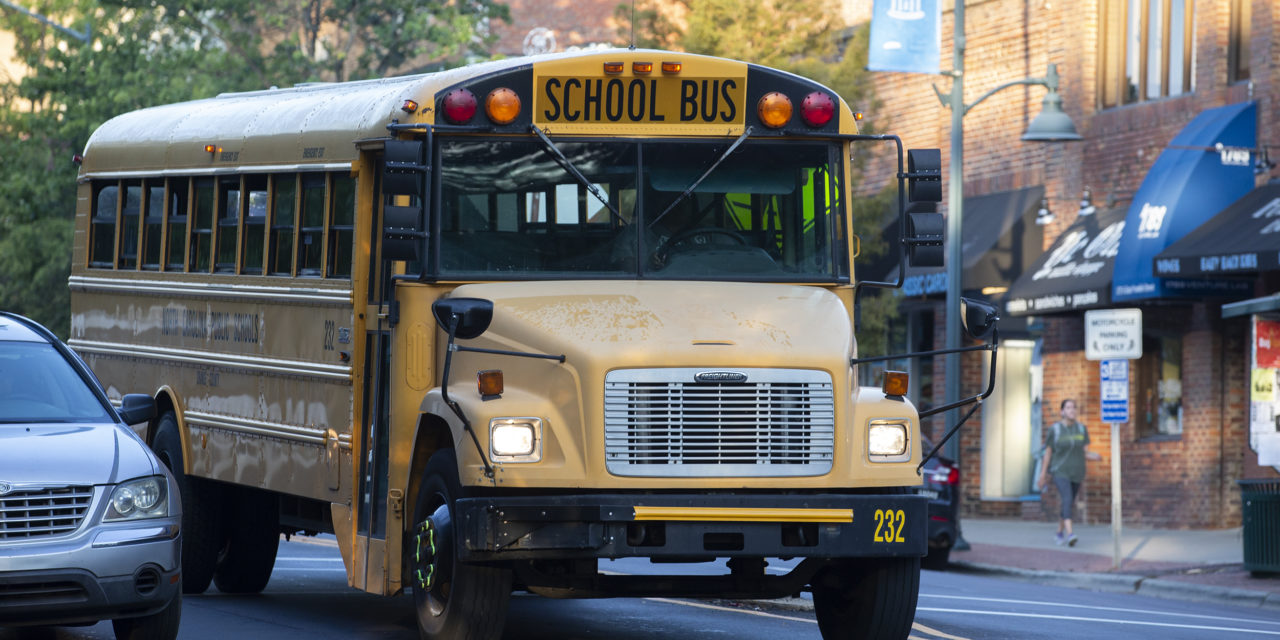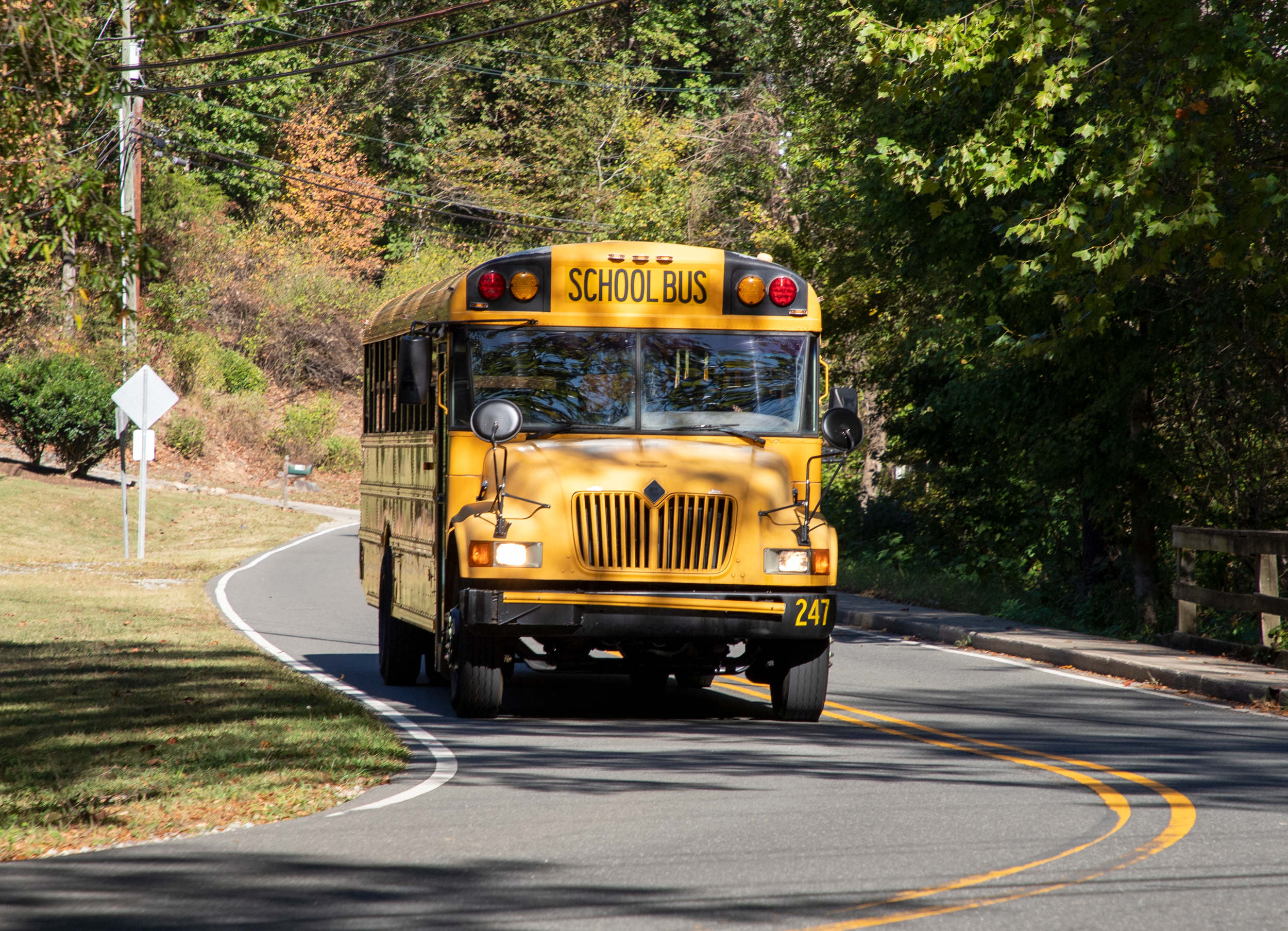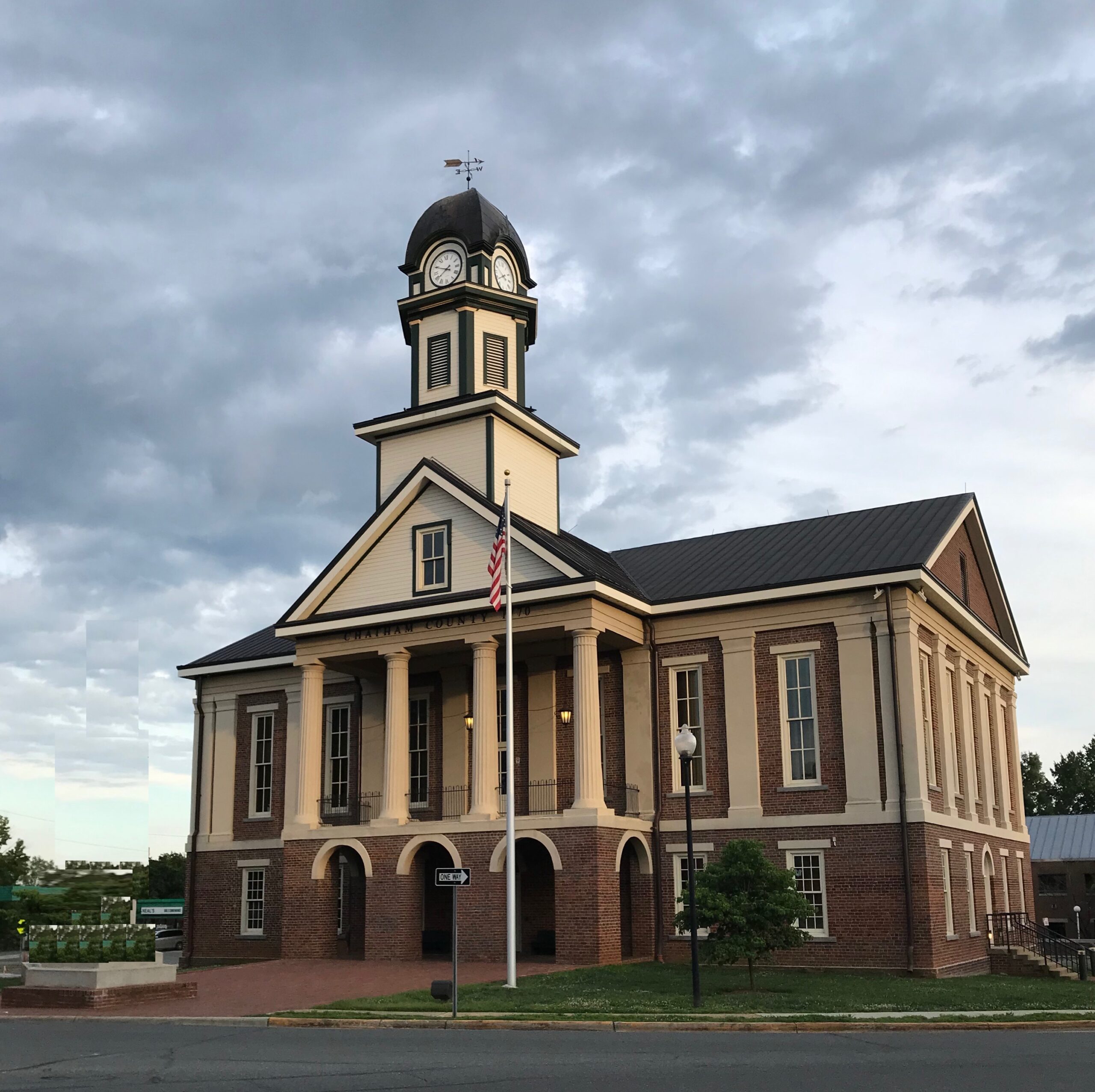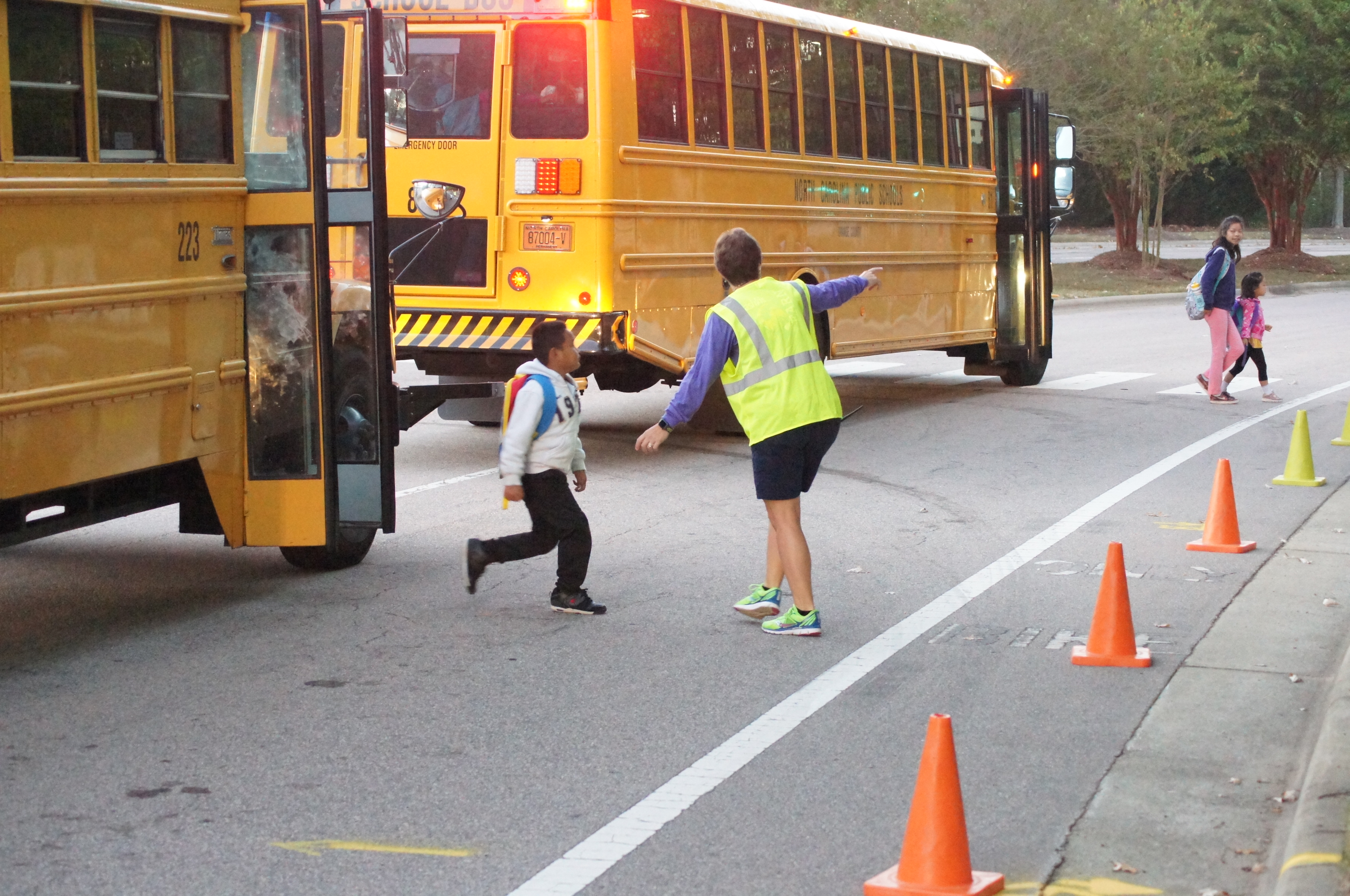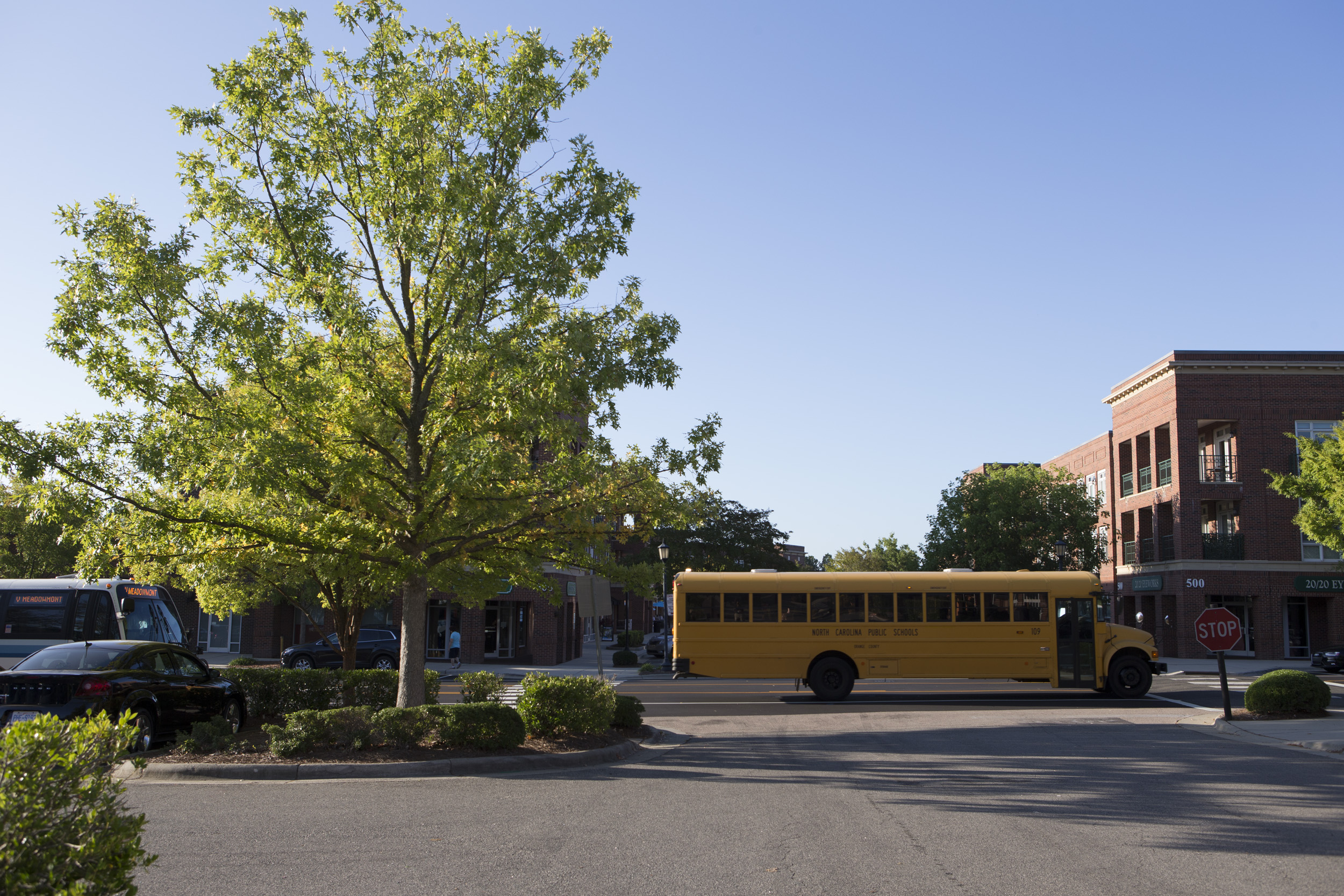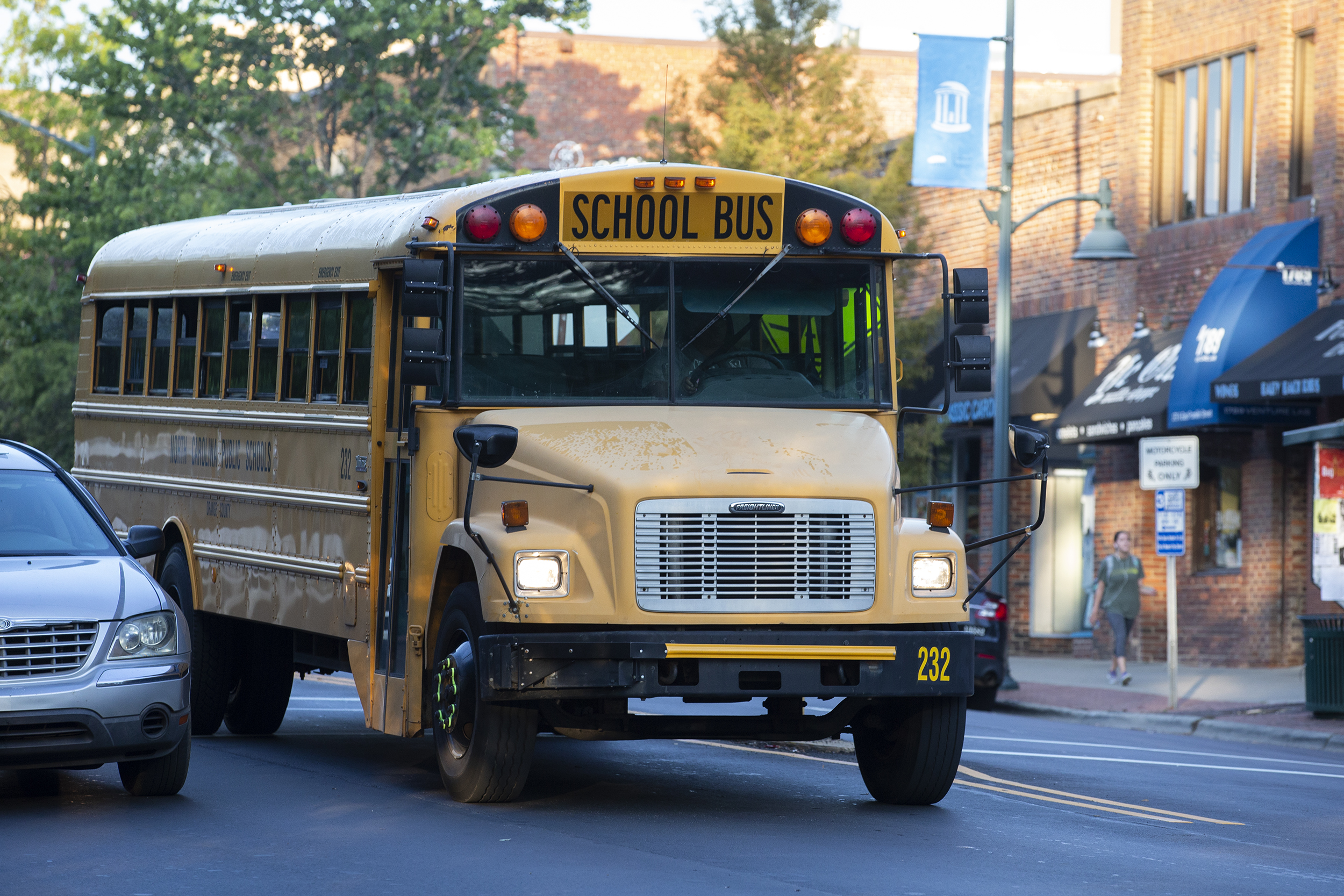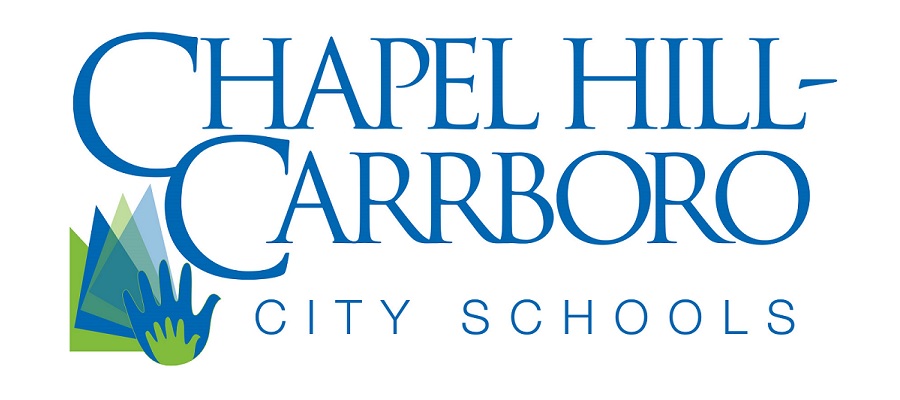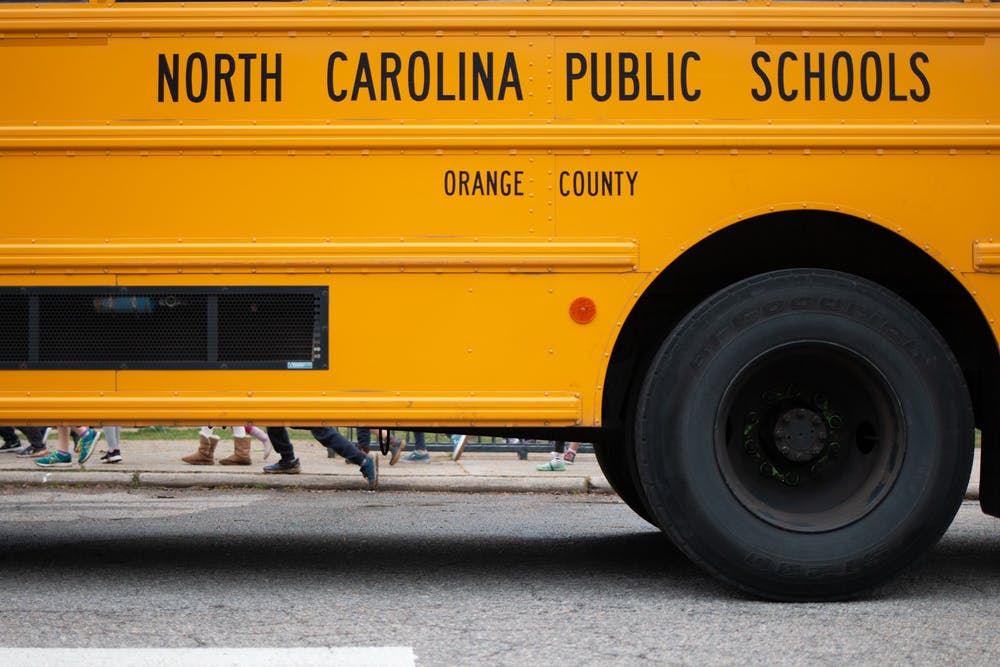The Chapel Hill-Carrboro City Schools Board of Education unanimously voted on Thursday to continue preparing for a hybrid model to end its academic year, but did not approve a calendar schedule for such a return.
During its virtual meeting, the board discussed three calendar options for its final nine weeks, which would begin in April, if it approves a move into a model of instruction that blends in-person and remote students. After rejecting a calendar option that eliminated spring break, the board members then chose to use its February meeting for a final determination to approve a calendar based on COVID-19 trends.
As part of its motion Thursday night, however, the CHCCS school board directed administration to continue planning for wider in-person instruction to be held so resources can be in place if a calendar is approved, particularly for pre-K through 8th grade students.
The decision comes after the CHCCS Board of Education voted in December to remain in remote learning for the start of the district’s spring semester. At the time, leadership indicated the January meeting would be used as the meeting to review COVID-19 metrics again and determine the likelihood of a remote learning model.
The board also approved an official set of health and safety considerations Thursday night, which will be used to determine whether to expedite a hybrid learning model or remain in a remote learning model. The COVID-19 trends include daily case rates for Orange County per 100,000 residents, test positivity rate for Orange County, district staff absence rate, district substitute availability and percentage of faculty and staff who have requested to receive COVID-19 vaccines. Reported clusters and number of cases reported within a CHCCS student body or campus community is also an indicator that would be monitored in a Plan B model.
School board member Deon Temne supported the motion to delay a final decision on a schedule for students’ return to campus, but indicated he is not optimistic about its chances to be implemented. He said with the COVID-19 metrics and benchmarks the board approved, the next few weeks may not show a drastic enough change to make board members confident about approving in-person instruction.
Temne also said the balance between prioritizing staff’s health and parents or students’ preferences is a challenging one at the center of these discussions. He mentioned while many parents’ comments have focused on their children, they frequently disregard educators’ concerns for their health risks.
“To pit little Johnny’s education over the health of a teacher is really [challenging,]” said Temne. “I don’t think that’s being very honest with ourselves when we could be placing someone’s life on the line. Teachers have their point, parents have their point and COVID has its point. I think all of us are struggling [with this.]”
Board member Ashton Powell also said he believes ensuring staff safety is critical to executing any plan for hybrid learning. He made a motion to approve a calendar option Thursday night because he said it puts a clear schedule into motion while giving the board flexibility to review closer to time. His motion was not seconded.
“From my point of view,” Powell said, “the more we can make it purely voluntary [for people to return to classrooms], the better. I think if we plan for something and have to back away because of the metrics, I’m fine with it. That’s the reality.”
Another decision to be made at the February meeting, which the board members agreed upon, will be the consideration of high school students’ return to classrooms. The main difference between the two calendar options the board said it would consider is whether high schoolers continue remote learning for the rest of the year or not. Thursday’s approved motion said a separate discussion during the meeting will determine a plan for high schoolers’ final nine weeks.
Board member Mary Ann Wolf said she strongly disagreed with the idea of deciding now whether high school should stay with remote learning models, advocating even before the vote that the choice should be made in February. She pointed to how quickly coronavirus vaccine recipients in Phase 1 have gotten their shots as a potential indicator for how quickly North Carolina’s outlook in battling the pandemic could shift.
Wolf also said, however, that the vaccination of teachers and staff would be paramount to any return to classrooms.
“If we learn it won’t be until April or May for teachers [to be eligible for vaccination],” said Wolf, “then we know it won’t happen. But I’ve been relatively impressed with the healthcare worker side of [distribution.]”
The CHCCS district has seen some students return to classrooms in the last few months. The system’s SPIRE students began some in-person instruction in November, while EC students began their Phase B learning model in December.
Under the districts potential hybrid plan, cohorts of CHCCS students would have the option to attend in-person instruction on Mondays and Tuesdays or Thursdays and Fridays, with Wednesdays used for cleaning each district’s buildings. Students not attending school during one of those two stretches of days, or who choose to not have any in-person instruction, would receive their instruction remotely.
The Board of Education’s next meeting will be February 18.
Photo via the Town of Chapel Hill.
Chapelboro.com does not charge subscription fees. You can support local journalism and our mission to serve the community. Contribute today – every single dollar matters.

